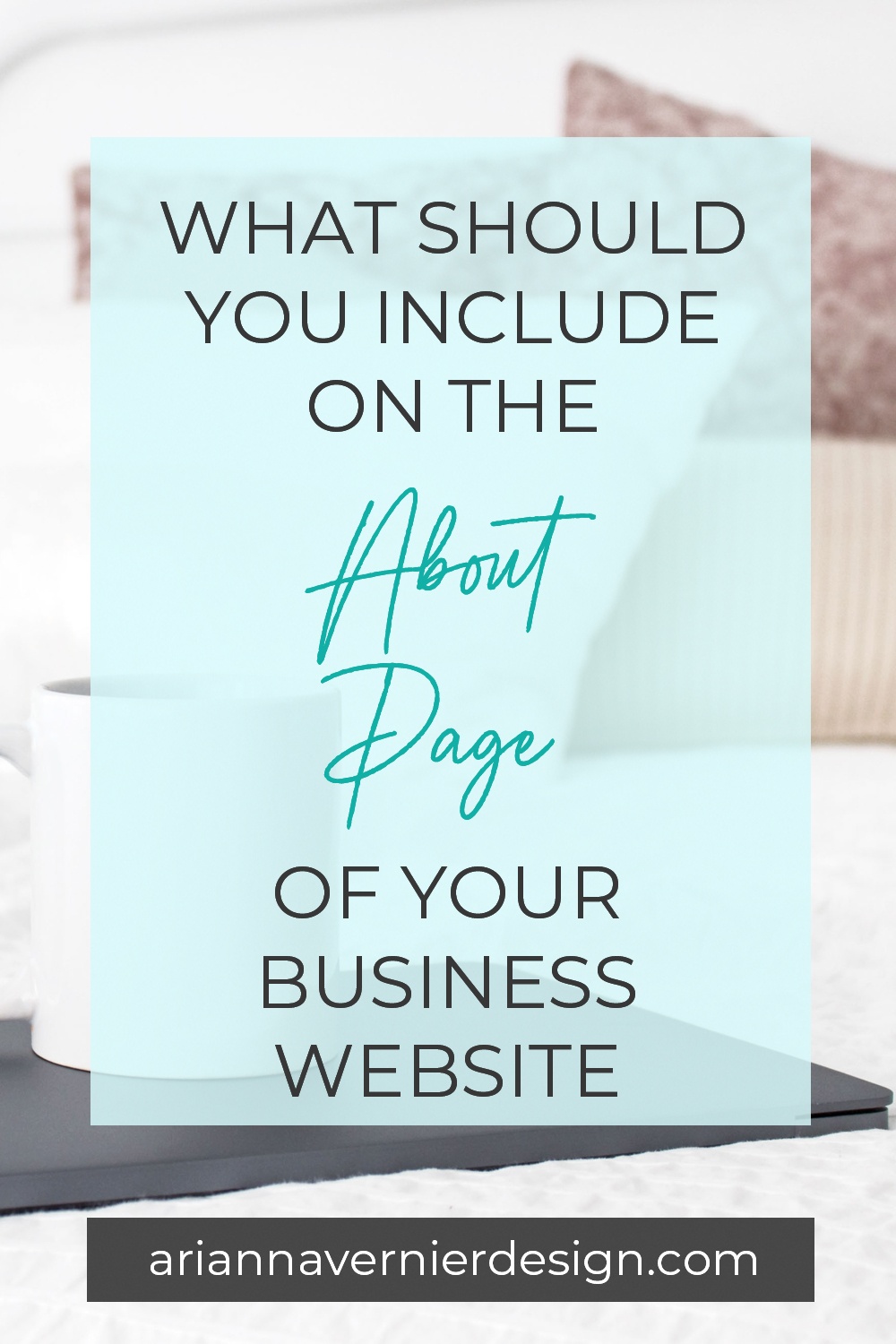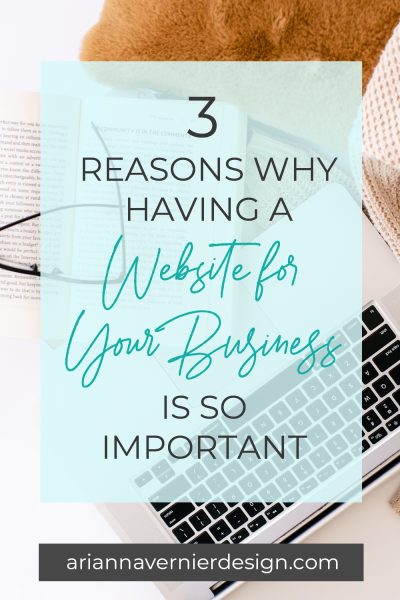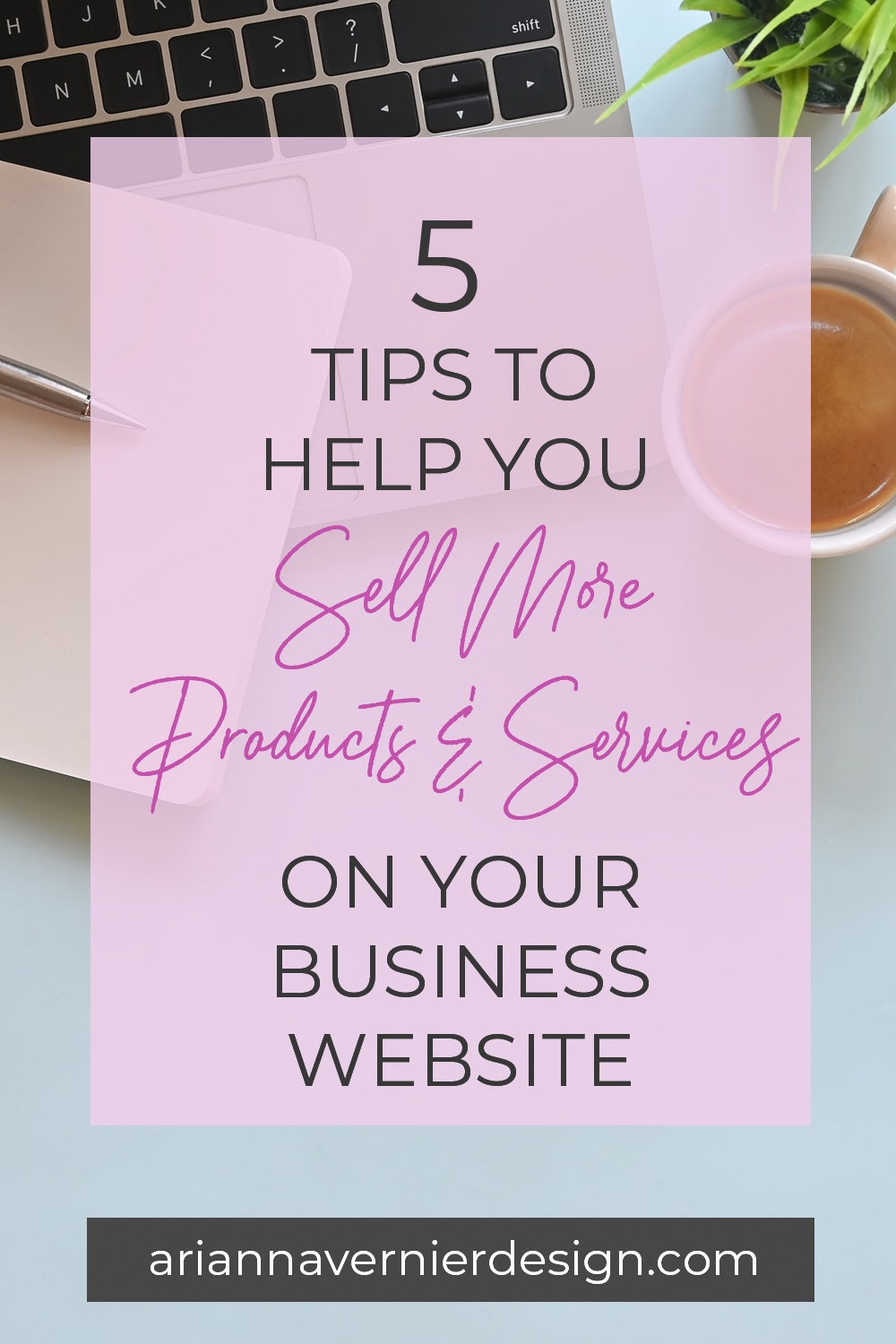
Episode 30: What Should You Include On Your About Page for Your Business Website?
In this episode of the Business Website Blueprint podcast, I’m sharing what you should include on your website about page.
Are you a business owner who has wondered if having a website for your business is really necessary?
In this episode of the Business Website Blueprint Podcast, I want to share with you three reasons why having a website for your business is so important.
Quick Disclosure: This blog post contains affiliate links, which means when you click the link to purchase something on this page, it won’t cost you more but I may receive a commission for sharing it with you. Which is great, because I was going to share it with you anyway!

Yes, you do have to pay a fee to your host company to keep your website, and if you stop paying that fee, you’re not going to have the content on your site anymore. However, with your website you own all of the pages and the content on those pages. You get to fully control what you say, what you include on your website, and you have full rights to your website.
If you’re just focusing on running your business through social media, the problem is that you don’t have full control of your social media profiles, and you don’t own them.
Whether it’s Instagram, Facebook, Twitter, TikTok, or another social media platform, they can delete your account within a moment’s notice, and you have no say in bringing it back. You can try to get it back, but they don’t have to listen.
Again, yes, if you stop paying for your website it’s going to be taken down, but if you keep paying, your website stays up forever.
So while you do want to market your business on these different social media platforms to reach more people, you don’t want that to be the only place where you’re showcasing your business. You need to have something you actually own that showcases what you do.
If you’re just focusing on building your business on social media, you might have a post in one spot that talks about this service that you offer, another post over there that talks about this service you offer, another post about your freebie, and yet another post about your blog posts.
When your social media posts only talk about one offering of yours at a time, it’s hard for people to know everything that you offer unless they’re really binging your content (which social media is not really made for these days).
Having all of your resources in one spot (aka on your website) is really helpful for people to view your website, learn more about what you have to offer, and ultimately figure out what’s going to be the best solution for them.
Do they just need your freebie right now? Are they ready to buy your $27 guide? Are they ready to invest in full 1-on-1 services? A business website allows them to learn as much as they can about your business, rather than a quick social media post here, and another quick social media post there.
If your social media were deleted tomorrow and you don’t have an email list, you wouldn’t be able to reach your customer or clients.
It’s incredibly important to make sure you’re building your email list, and the best way to do that is having a freebie on your website that people can easily go and subscribe to.
If you’re concerned about growing your email list and you want to make that a priority, you can check out Episode 10, “The Number One Way to Grow Your Email List from Your Website” here.
Again, the best way to grow your email list is with your website. So if you’re reading this blog post and wondering, “Do I really need a website for my business?” My answer would be yes.
If you’re struggling with figuring out how to get a website put together for your business, you have two options.


In this episode of the Business Website Blueprint podcast, I’m sharing what you should include on your website about page.

In this episode of the Business Website Blueprint podcast, I’m sharing 5 tips to help you sell more products or services on your business website.

In this episode of the Business Website Blueprint podcast, I’m sharing 3 ways to build trust and authority on your business website.